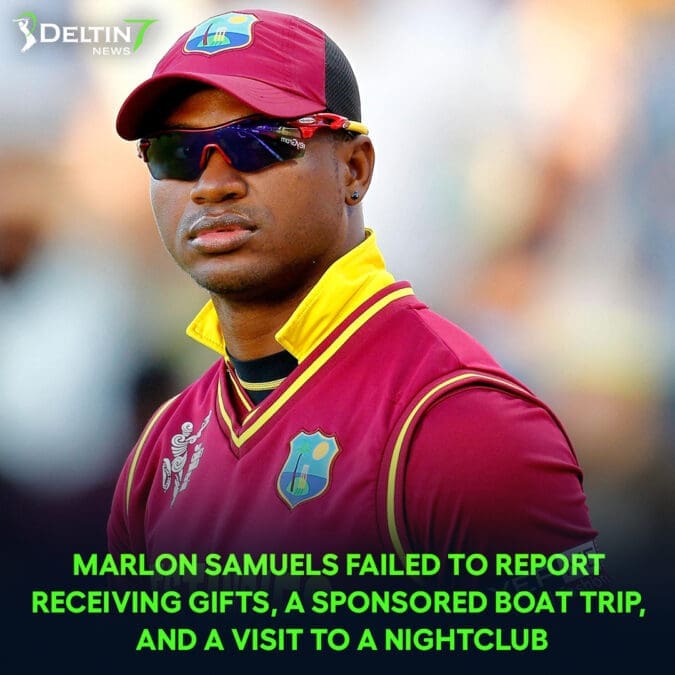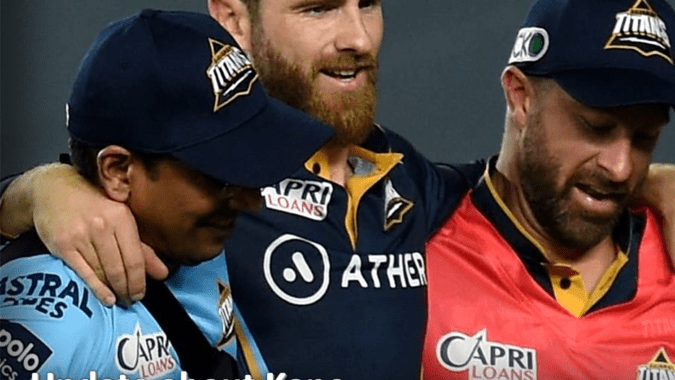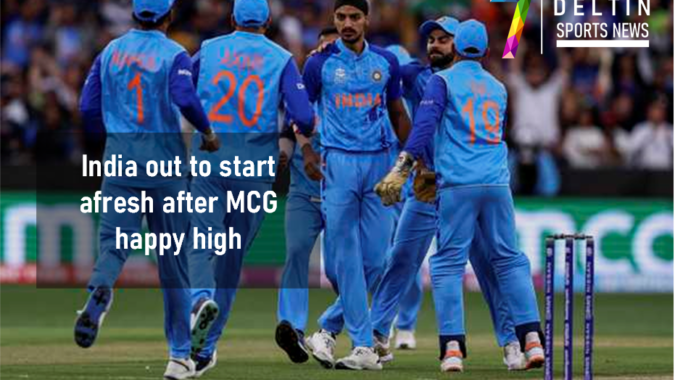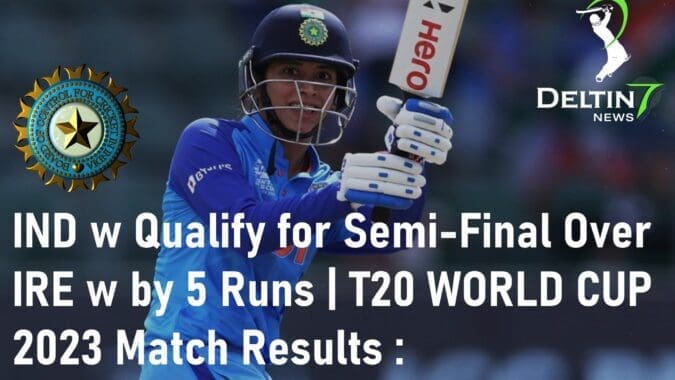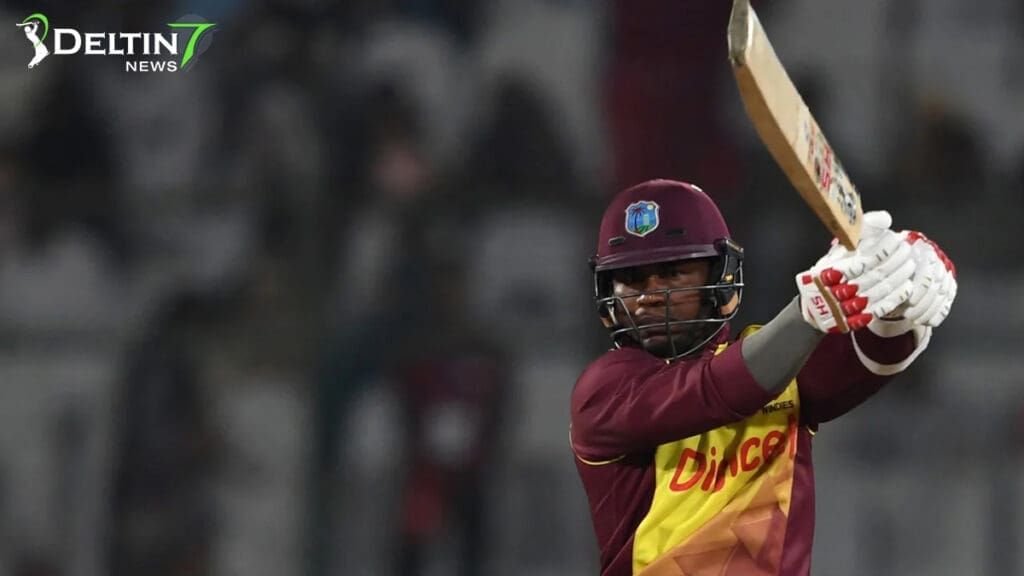
Marlon Samuels failed to report receiving gifts
Former West Indies all-rounder, Marlon Samuels, was found to be in breach of the ICC anti-corruption code for his association with an individual known to be involved in corruption. While he did not participate in the Abu Dhabi T10 tournament, this contact was deemed a violation
Cricket player Marlon Samuels, who formerly played for the West Indies, has been found guilty of violating the anti-corruption code set by the International Cricket Council. This ruling comes from a three-member panel, which includes Harish Salve, a prominent advocate in India’s Supreme Court. The panel concluded that Samuels had breached rules in four different areas pertaining to his involvement with the 2019 T10 league held in Abu Dhabi. These breaches include not disclosing any gifts, payments, or hospitality that could bring disrepute to both Samuels and the sport of cricket. A separate independent tribunal will determine an appropriate punishment for this violation.
However, Justice Kate O’Regan expressed a partially dissenting opinion, stating that there is no definitive proof that Samuels’s actions automatically brought the game into disrepute.
What were the main charges?
Before the tournament, Samuels traveled to Dubai with his expenses covered by a team owner. During his visit, he participated in various activities such as a radio interview, a boat trip, and a restaurant meal. He also visited a nightclub. However, he failed to disclose these details to the ICC’s Anti-Corruption Unit (ACU). The charges state that there is an individual named Rehan Ali, also known as Mehar Chhayakar according to the ACU, who is involved in corruption.
According to the ACU, the radio interview that Samuels participated in Dubai was arranged by Chhayakar, also known as Rehan Ali, an individual linked to corrupting cricket. However, Samuels claims that both the interview and the trip were organized by the team through their assistant manager.
During the official investigation, Samuels acknowledged that his trip to Dubai was funded by a team owner but vehemently denied any involvement in tournament corruption. As part of the investigation, Samuels was requested to surrender his phones. However, he only handed over three devices and withheld one. Additionally, he allowed ACU officials onto his property but not inside his home, permitting only a ‘witness’ to deliver the three phones. Later on, during an interview with ACU at a hotel, Samuels brought along his lawyer who was disallowed by ACU due to being considered a ‘person of interest’ in the case. Two days later, Samuels arrived with another legal representative.
No, he did not participate in the tournament and withdrew before it began. However, he openly acknowledged going on a fully sponsored trip to Dubai before the tournament as part of his promotion for his cologne brand. He even shared pictures from the trip on Instagram. The ICC report clarifies that Mr. Samuels was never implicated in any spot or match-fixing since he did not play in the T10 tournament.
In its investigation, the ACU revealed that Ali showed interests in two teams participating in the T10 tournament. He approached players and offered them the opportunity to join one of these teams, with a condition that 10% of their fee would go to him. The ACU further noted that Ali made references to players having the chance to earn additional money during the event, a euphemism for engaging in corrupt practices. Additionally, the tribunal’s final report mentioned an unnamed team owner who was under investigation for potential involvement in corrupt conduct at a domestic tournament.
The owner of the team in question was advocating for Samuels to be selected in the T20 draft, despite opposition from other members of the team staff who were concerned about his lack of recent professional experience. The owner even mentioned a sponsorship worth US$ 200,000 specifically associated with Samuels’ name.
What does the three-member tribunal note in its report?
The report highlights the unfortunate circumstance that Mr. Samuels encountered when he crossed paths with individuals involved in a corrupt enterprise, namely Mr. X (the team owner) and Mr. Chhayakar. The majority opinion does not believe that this was simply a coincidence.
Regarding the Dubai trip, it is unclear why Mr. Chhayakar would have any involvement in Mr. Samuels’ promotion of his Cologne business unless it was meant to entice him for other potentially inappropriate reasons. Mr. Samuels did not provide any evidence or make himself available for questioning, which leaves doubt regarding the credibility of his explanation.
In the report, Justice Reagan succinctly expresses her point: “The ACU has not provided sufficient evidence to conclude with confidence that the Dubai trip, or Mr. Samuels’ actions, would bring cricket or himself into disrepute. It is illogical to infer from Mr. Samuels’ silence on the matter that he agreed to engage in match-fixing at the T10 event. The speculative nature of this conclusion and lack of supporting evidence leads me to determine that the ACU has failed to make a case against Mr. Samuels on the first substantive charge.”

